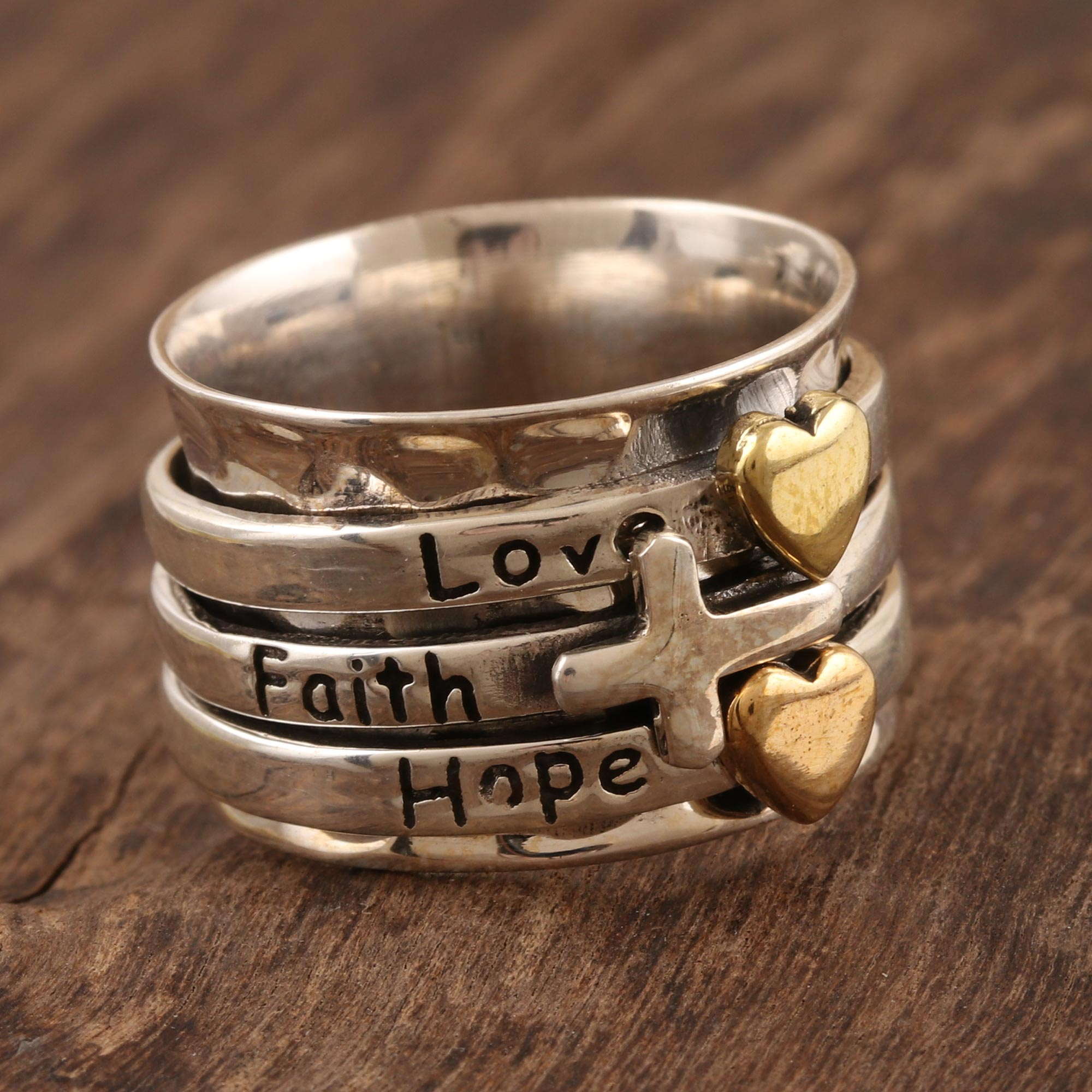
In the realm of relationships, the concept of karma holds profound significance. Karma, a spiritual belief rooted in various traditions, refers to the principle of cause and effect, where actions and intentions have consequences that reverberate through our lives. Within the context of relationships, karma influences the dynamics, outcomes, and spiritual growth of individuals involved.
One intriguing aspect of this spiritual phenomenon is the notion of a karmic ending, a transformative event that marks the completion of a significant karmic cycle. In this article, we will explore what a karmic ending in a relationship entails, its characteristics, reasons, and the potential for personal growth and healing that arises from it.
Browse our Affiliate Products
Understanding Karma in Relationships
To comprehend the concept of a karmic ending, it is vital to first grasp the fundamentals of karma within relationships. Karma, often described as the universal law of cause and effect, suggests that our actions, thoughts, and intentions create energetic imprints that shape our present and future experiences. Within the context of relationships, karma manifests as the complex web of interactions and connections between individuals. Each relationship serves as a vessel for the exchange of energy, emotions, and experiences, often driven by past-life connections or unresolved karmic debts.
Karma plays a significant role in shaping the dynamics and outcomes of relationships. It brings together individuals who are bound to learn from one another, grow spiritually, and resolve past conflicts. Karmic relationships are characterized by intense emotional experiences, repetitive patterns, and a sense of destiny or familiarity. These relationships often serve as catalysts for personal transformation and offer opportunities for individuals to work through their karmic imprints.
Defining a Karmic Ending
A karmic ending in a relationship refers to a significant event or series of events that mark the completion of a karmic cycle between two individuals. It signifies the culmination of karmic lessons, growth, and the need for soul evolution. Unlike regular relationship breakups, which may arise from compatibility issues or changing circumstances, a karmic ending carries a deeper spiritual significance. It represents the completion of the energetic contract between two souls, offering a chance for liberation, healing, and the opportunity to embark on new paths of personal development.
Signs of a Karmic Ending

Recognizing the signs of a karmic ending in a relationship is a profound insight that can help us navigate the complex dynamics of our connections with others. Karmic endings are transformative events that mark the completion of a significant karmic cycle.
Here is a list of signs that may indicate a karmic ending in a relationship:
- Intense Emotional Turmoil: A karmic ending often brings heightened emotions, conflicts, and a sense of emotional turbulence between the individuals involved. The intensity of these emotions may serve as a catalyst for transformation.
- Repetitive Patterns: Karmic relationships often exhibit repetitive patterns that seem to play out over and over again. These patterns may involve similar challenges, conflicts, or dynamics, reflecting the karmic lessons that need to be learned.
- Stagnation and Lack of Growth: A sense of stagnation or lack of growth in the relationship can be a sign of a karmic ending. Despite efforts to resolve issues or move forward, there may be a feeling that progress is not being made.
- Deep Soul Connection: Karmic relationships often involve a deep soul connection, a sense of familiarity or recognition that transcends time and space. This connection may initially draw the individuals together but can also signal the need for a karmic completion.
- Increased Tension and Distance: As a karmic ending approaches, there may be a noticeable increase in tension and distance between the individuals. This can manifest as a growing disconnect, lack of resonance, or difficulty in finding common ground.
- Intuitive Guidance: Intuitive nudges, gut feelings, or inner knowing may provide indications that a karmic ending is on the horizon. Trusting your intuition can help you navigate the process with greater clarity and understanding.
- Closure and Resolution: A karmic ending often brings a sense of closure, resolution, or understanding. It may involve a final conversation, a mutual agreement to part ways, or a deep inner knowing that the karmic cycle has reached its completion.
- Shift in Priorities and Values: Before a karmic ending, individuals may experience a shift in their priorities, values, or life path. This shift reflects a personal growth and a reorientation of one’s life in alignment with their soul’s evolution.
- Self-Reflection and Soul Searching: The approach of a karmic ending may trigger a period of deep self-reflection and soul searching. Individuals may question their own behavior, beliefs, and contributions to the relationship, seeking deeper understanding and personal growth.
- Acceptance and Surrender: The individuals involved may start to experience a sense of acceptance and surrender to the natural course of the relationship. There is a recognition that the karmic ending is a part of their spiritual journey and an opportunity for growth and healing.
Remember that these signs are not definitive proof of a karmic ending, but they can serve as indicators that prompt self-reflection and awareness. Each relationship and its karmic dynamics are unique, and it is important to trust your own intuition and inner wisdom as you navigate your spiritual path.
Reasons for Karmic Endings
Karmic endings occur for various reasons, each unique to the individuals involved. One reason is the presence of unresolved past-life issues or karmic debts that need to be balanced. Souls may choose to incarnate together to rectify past wrongdoings, seek forgiveness, or learn specific lessons. Once these lessons are learned or the karmic debts are repaid, the purpose of the relationship may be fulfilled, leading to a karmic ending.
Another reason for karmic endings is the completion of karmic lessons and the need for individual soul evolution. Souls enter into karmic relationships to learn and grow spiritually. These relationships serve as catalysts for self-reflection, healing, and personal transformation. Once the intended growth has been achieved, the relationship may naturally come to a karmic ending, allowing the individuals to move forward on their respective spiritual paths.
Navigating a karmic ending can be a challenging and emotionally intense process. Acceptance and understanding of the karmic nature of the relationship are essential. Recognizing that the ending is not a failure but rather an opportunity for growth and healing can provide a sense of empowerment.
It is crucial to let go and release attachments to the relationship, allowing space for healing and new beginnings. Self-reflection and personal healing practices, such as meditation, journaling, and seeking support from trusted individuals or spiritual mentors, can facilitate the transition through a karmic ending.
Lessons and Growth from a Karmic Ending

A karmic ending in a relationship offers profound lessons and opportunities for personal growth. It provides an opportunity to reflect on the patterns and dynamics within the relationship and gain insight into one’s behavior, emotions, and beliefs. It invites individuals to take responsibility for their part in the karmic cycle and learn from the experiences. Through self-reflection, forgiveness, and self-love, individuals can break free from the karmic patterns and transcend to a higher level of consciousness.
Moreover, a karmic ending encourages the development of qualities such as resilience, compassion, and inner strength. It teaches individuals to embrace change, let go of attachments, and trust in the divine timing of their lives. By honoring the lessons and growth that arise from a karmic ending, individuals can transform themselves and create healthier, more fulfilling relationships in the future.
Moving Forward After a Karmic Ending
After experiencing a karmic ending, it is important to embrace new beginnings and opportunities for healthier relationships. Setting boundaries, honoring personal needs, and nurturing self-care becomes paramount. Engaging in practices that promote self-love, such as self-reflection, self-care routines, and nurturing healthy connections with others, can aid in the healing process. Seeking support from spiritual communities, counselors, or therapists can also provide guidance and assistance in navigating the post-karmic ending phase.
Final Thoughts
Karmic endings in relationships represent powerful and transformative events that mark the completion of karmic cycles and offer opportunities for personal growth and healing. Understanding the dynamics of karma within relationships, recognizing the signs of a karmic ending, and embracing the lessons and growth that arise from it are essential for navigating this journey.
By approaching a karmic ending with acceptance, self-reflection, and a commitment to personal transformation, individuals can transcend the karmic patterns and embark on new paths of self-realization and spiritual evolution. Through these endings, the potential for profound healing, liberation, and the cultivation of healthier relationships awaits.








